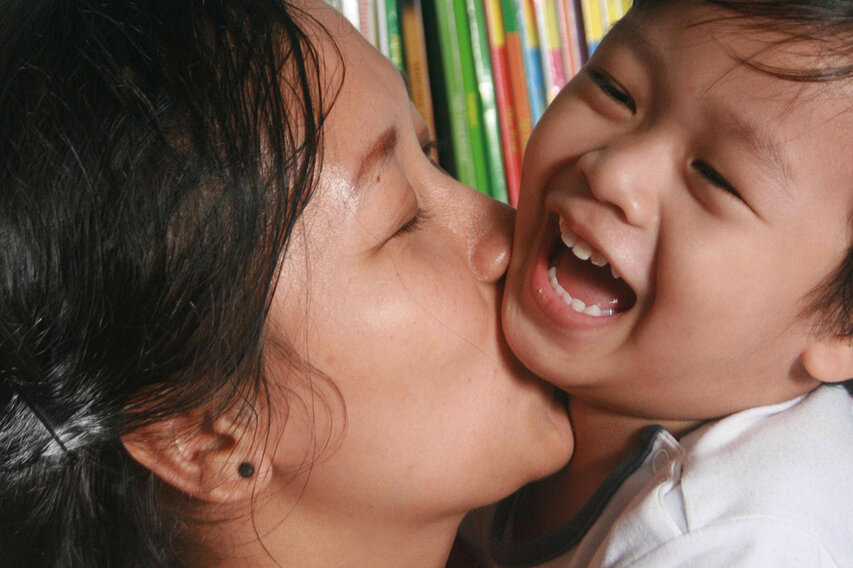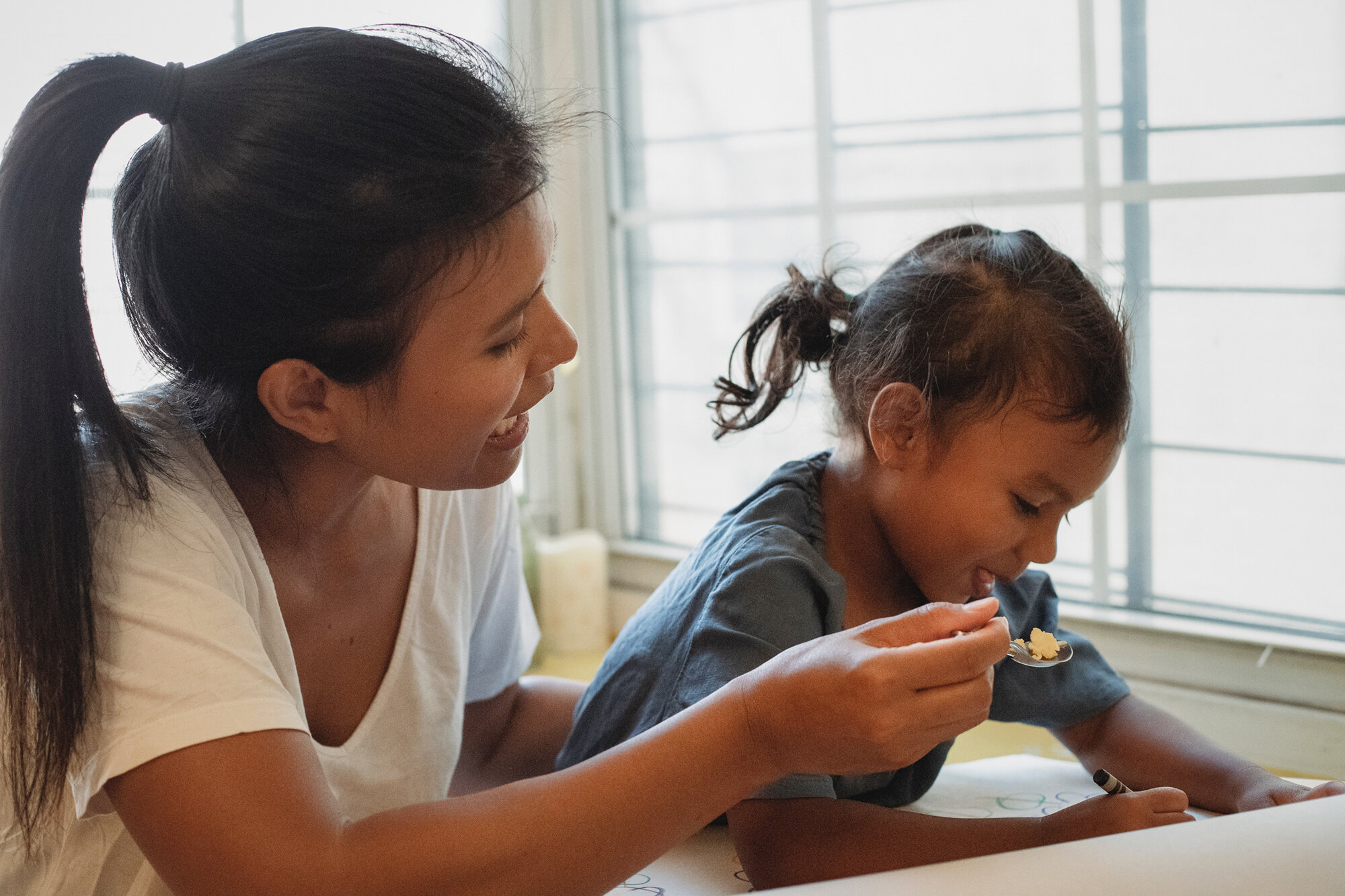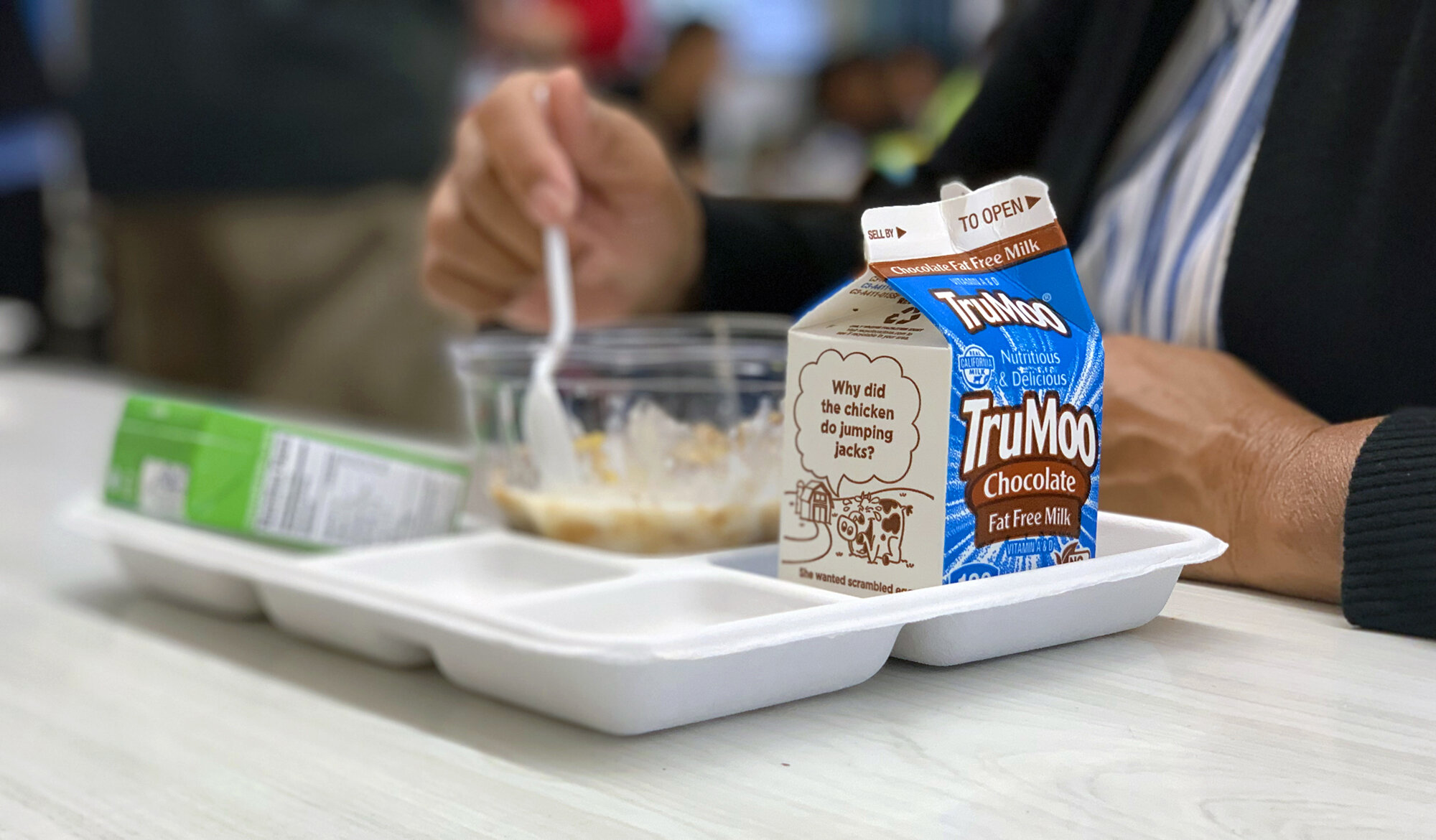
P-EBT: Pandemic benefits for Hawaiʻi families to buy food
There’s a valuable new benefit available for Hawaiʻi families with children who are struggling to buy food. It’s called Pandemic-EBT, or P-EBT.

Hawaiʻi’s household income loss is the highest in the nation
6 in 10 Hawaiʻi adults now live in a household in which at least one person has lost income

Appleseed COVID-19 response will focus on assisting state in managing social safety net programs
During this crisis, Appleseed’s concern lies with the working families and children of Hawaiʻi.

State research confirms economic benefit of minimum wage hikes
The Department of Business, Economic Development and Tourism’s latest report demonstrates that a living wage is not only possible, it is economically desirable.

Trump’s Public Charge rule could cost Hawaiʻi tens of millions in revenue
The financial cost of the rule change is in addition to the harm done to the health and resilience of immigrant families through the “chilling” effect on benefits-use that has already been documented in Hawaiʻi.

Too many Hawaiʻi seniors are still going hungry
Although Hawaiʻi has made strides to address hunger in recent years, thousands of seniors are still at risk of experiencing hunger across the islands.

How high is too high? We actually know a lot about minimum wage increases
Raising the minimum wage would boost not just the pay of many struggling Hawaiʻi workers and their families; it would also boost the local economy.

February SNAP benefits will be distributed early due to government shutdown
The early distribution could result in major disruptions to household food budgets should benefits run out before the next scheduled distribution in March.

Appleseed announces 2019 policy agenda
After months of research spent examining these critical issues, this agenda prioritizes efforts for maximum benefit to the community at-large.

Farm bill protects SNAP, other critical nutrition programs
The bill includes provisions that invest in our island’s rural communities, provide funding for farmers and advance sustainable community food systems.

Public charge rule change would hurt Hawaiʻi’s economy
Not only would the proposed rule change adversely impact the standard of living of Hawaiʻi’s immigrant families, it would also harm Hawaiʻi’s overall economy.

After school supper is a big missed opportunity in Hawaiʻi
Only 182 Hawaiʻi children benefited from after school suppers on an average weekday in 2017, according to a new report from the Food Research and Action Center.

Official poverty data obscures the reality faced by many Hawaiʻi residents
If you hear Hawaiʻi has one of the lowest official poverty rates in the nation, remember that doesn’t take into account our highest-in-the-nation cost of living.

School breakfast: building a solid foundation for learning
When you checkout at Safeway in September, you’ll have the option to donate to this important fundraiser to expand participation in school breakfast programs.

Hawaiʻi state budget highlights, 2017–19
Hawaiʻi’s budget is the blueprint for our current and future prosperity, and is an economic engine in itself, making up 20 percent of the state’s gross domestic product.

Governor Ige signs HB209, a win for working families and children
With this new law, Hawaiʻi joins 28 other states and Washington D.C. in offering a state-level EITC to help working families keep more of their earnings.

Hawaiʻi bill will create historic new working families tax credit
Rep. Scott Saiki called passage of the bill the “most consequential work in the last few years to reduce poverty and Hawaiʻi’s high cost of living.”

Report emphasizes need for Hawaiʻi working family tax credit
Report highlights the financial situation of Hawaiʻi residents and their opinion of tax credits that would let low-income workers keep more of what they earn.

A win for Hawaiʻi’s foster families
The state human services department has agreed to increase the amount that should be paid to cover the expense of caring for children in foster care.

Appleseed releases 2016 State of Poverty report
The report brings together the most recent available data to provide a snapshot of how low-income residents have fared after the economic recovery from the Great Recession.
